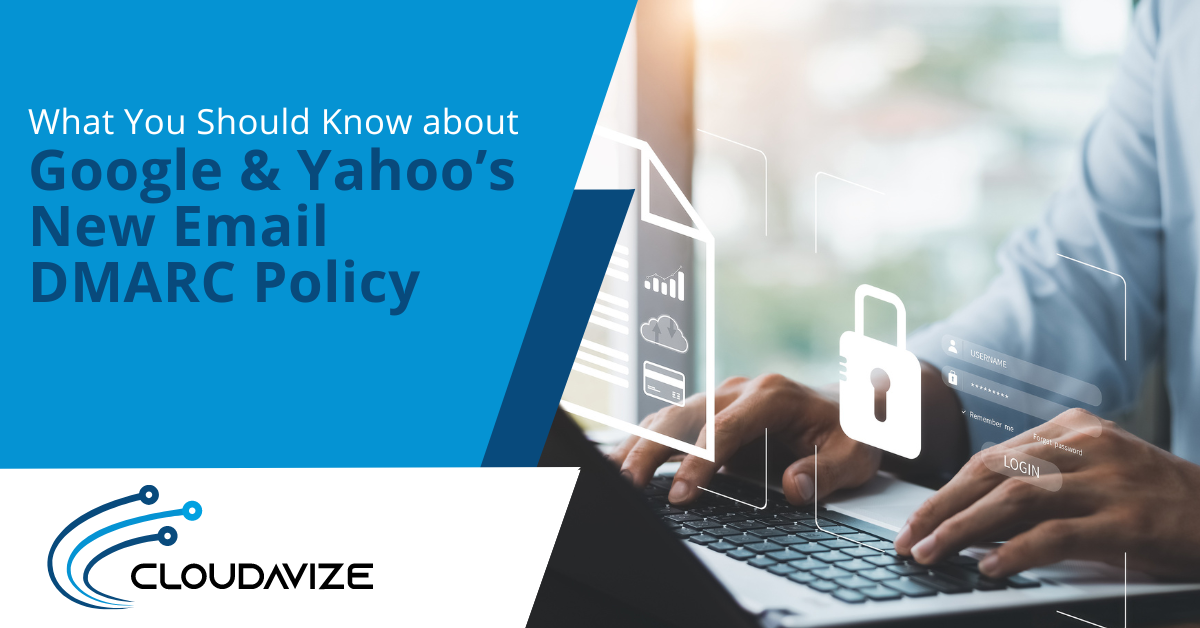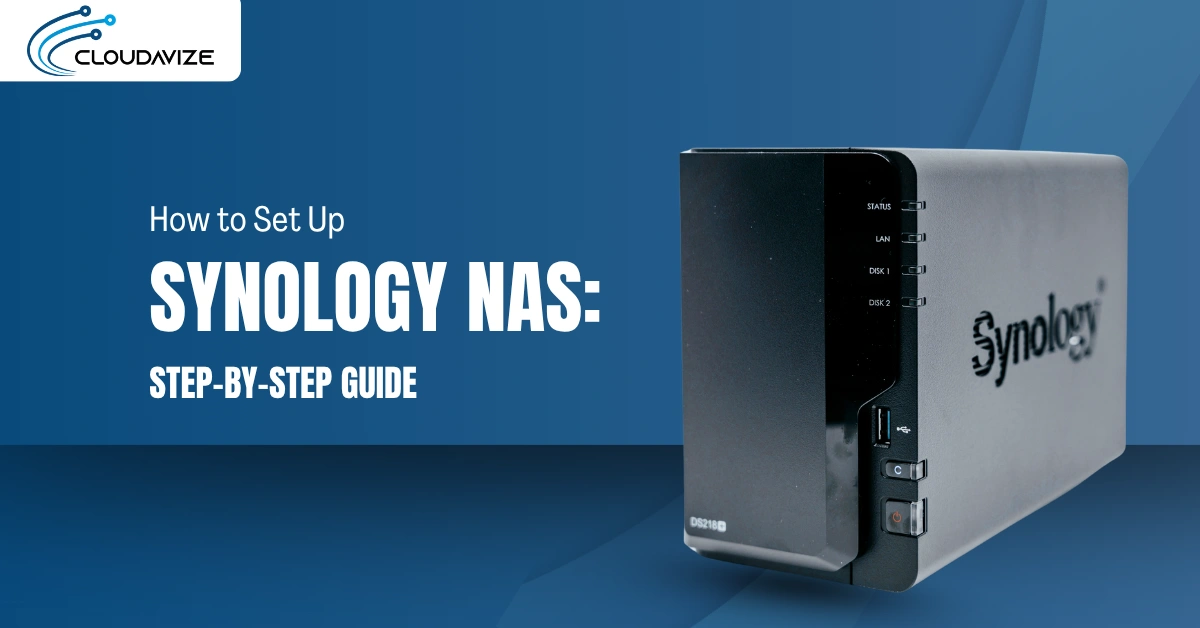Email security is a critical concern in the digital age, with cyber threats constantly evolving. In response to growing concerns about email fraud and phishing attacks, major email providers like Google and Yahoo have implemented new DMARC (Domain-based Message Authentication, Reporting, and Conformance) policies to protect users.
These policies aim to enhance email security and protect users from malicious activities. Understanding these changes is crucial for both individuals and businesses who rely on email communication. In this article, we’ll delve into the details of Google and Yahoo’s new email DMARC policy, what it means for users, and how it impacts email deliverability.
Table of Contents
Understanding DMARC
DMARC is an email authentication protocol that helps protect email domains from being used for phishing and other malicious activities. It works by allowing email senders to publish policies specifying how incoming messages should be handled if they fail authentication checks.
DMARC builds upon two existing email authentication mechanisms: SPF (Sender Policy Framework) and DKIM (DomainKeys Identified Mail). By leveraging these technologies, DMARC enables domain owners to exert more control over their email traffic and reduce the risk of unauthorized use of their domains for fraudulent purposes.
Key Components of DMARC:
- SPF (Sender Policy Framework): A mechanism that allows domain owners to specify which IP addresses are authorized to send emails on behalf of their domains.
- DKIM (DomainKeys Identified Mail): An email authentication method that uses cryptographic signatures to verify the authenticity of the sender’s domain.
- DMARC (Domain-based Message Authentication, Reporting, and Conformance): A policy framework that builds upon SPF and DKIM to provide domain owners with visibility and control over how their email is handled by receivers.
Google’s Email DMARC Policy
Google, being one of the largest email service providers, plays a significant role in shaping email security standards. In an effort to combat email fraud and protect users from phishing attacks, Google has implemented a strict DMARC policy for incoming emails. Under this policy, Google requires senders to authenticate their emails using SPF and DKIM, and it enforces strict alignment checks to ensure that the “From” address matches the sender’s domain.
Implications for Senders:
- Authentication Requirements: Senders need to ensure that their emails are properly authenticated using SPF and DKIM to pass Google’s DMARC checks.
- Alignment Checks: The “From” address in the email header must align with the sender’s authenticated domain, or the email may be rejected or marked as spam by Google.
Yahoo’s Email DMARC Policy
Similar to Google, Yahoo has also adopted a stringent DMARC policy to bolster email security and protect its users. Yahoo’s DMARC policy requires senders to authenticate their emails using SPF and DKIM, and it imposes strict alignment checks to prevent email spoofing and phishing attempts.
Implications for Senders:
- Authentication Requirements: Senders must authenticate their emails using SPF and DKIM to comply with Yahoo’s DMARC policy.
- Alignment Checks: Yahoo enforces alignment checks to ensure that the “From” address matches the sender’s authenticated domain, reducing the risk of email spoofing and impersonation.
Impact on Email Deliverability
While Google and Yahoo’s new DMARC policies enhance email security, they can also have implications for email deliverability, especially for senders who fail to comply with authentication requirements. Emails that do not pass DMARC checks may be rejected or routed to the recipient’s spam folder, leading to a decline in deliverability rates.
Best Practices for Senders:
- Authenticate Emails: Ensure that all outgoing emails are properly authenticated using SPF and DKIM to comply with DMARC policies.
- Monitor DMARC Reports: Regularly monitor DMARC reports to identify any authentication failures or suspicious activity.
- Maintain Sender Reputation: Uphold good email practices to maintain a positive sender reputation and improve deliverability rates.
Keep Up With New DMARC Policies
In conclusion, Google and Yahoo’s new email DMARC policies reflect their commitment to enhancing email security and protecting users from phishing attacks and email fraud. By enforcing strict authentication requirements and alignment checks, these policies help mitigate the risks associated with unauthorized use of domains for malicious purposes.
As senders, it’s essential to adhere to these policies by properly authenticating outgoing emails and maintaining a positive sender reputation. By staying informed and implementing best practices, we can ensure that our email communications remain secure and reliable.
Contact Cloudavize for expert guidance on email security and compliance with DMARC policies.



